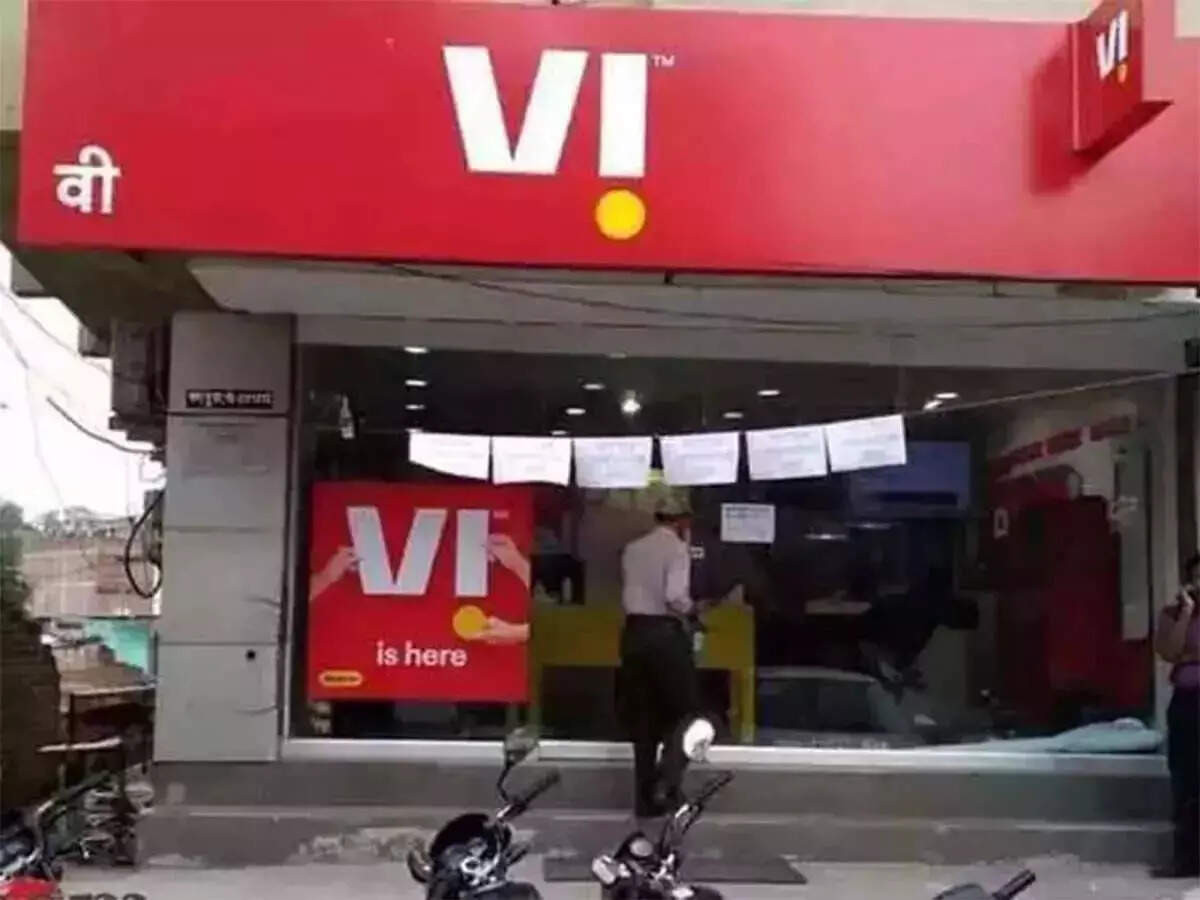Vodafone Idea Gets a Second Look: What This Means for the Future of Indian Telecom
The telecom landscape in India just shifted, and Vodafone Idea (Vi), one of the nation’s major players, might be breathing a little easier. The Supreme Court has given the green light for the Department of Telecommunications (DoT) to reassess the nearly ₹6,000 crore in additional dues slapped on the company. This isn’t a complete victory, but it’s undoubtedly a significant development in a long-running saga that has threatened Vi’s very existence.
For those not deeply immersed in telecom drama, this all boils down to Adjusted Gross Revenue (AGR), a calculation of what telecom companies owe the government in license and spectrum fees. A complex legal battle ensued over what exactly should be included in this revenue, culminating in a Supreme Court ruling in 2019 that sided with the government’s broader definition. This left Vi, and other telecom operators, facing massive bills.
Vi has been struggling with debt for years, and the initial AGR ruling hit them hard. The survival of the company has been precarious, with many wondering if India could sustain a three-player private telecom market. A collapse of Vi would not only impact millions of subscribers but also potentially create a duopoly, raising concerns about competition and pricing.
So, why is this reassessment so important? The DoT initially levied these additional dues based on certain discrepancies they found. Now, they have the opportunity to revisit those findings and determine if the amount is indeed accurate. It’s a chance to correct any potential errors and arrive at a fairer figure.
This isn’t a free pass for Vi. The Supreme Court has stipulated that the reassessment must be completed within eight weeks. The DoT is expected to conduct a thorough review, and Vi will need to actively participate and provide all necessary information. Furthermore, the court made it clear that it will not entertain any further appeals on this matter. This is the final chance for a closer look.

The Path Forward for Vodafone Idea
The outcome of this reassessment could significantly influence Vi’s future. If the DoT reduces the dues, it would provide a much-needed financial boost, giving the company more room to invest in its network and services. This is crucial for Vi to remain competitive in the rapidly evolving telecom market. The company is actively working to improve its 4G network and roll out 5G services, but these efforts require substantial capital.
A lower dues burden could also make Vi a more attractive prospect for investors. The company has been seeking funding to shore up its finances, and a more stable financial outlook could encourage potential backers to come forward.
However, it’s important to be realistic. Even if the dues are reduced, Vi still faces significant challenges. Competition in the Indian telecom market is fierce, and rivals like Reliance Jio and Airtel have been aggressively expanding their market share. Vi needs to innovate and execute effectively to stay in the game. This includes enhancing customer experience, offering compelling plans, and leveraging new technologies.
Broader Implications for the Telecom Sector
This decision by the Supreme Court also carries broader implications for the Indian telecom sector. It underscores the importance of fair and transparent regulatory processes. While the government needs to collect revenue, it also needs to ensure that the regulatory environment supports a healthy and competitive telecom market.
The health of the telecom sector is crucial for India’s economic growth. Telecom infrastructure is the backbone of the digital economy, enabling everything from e-commerce to online education. A vibrant and competitive telecom sector is essential for driving innovation and ensuring that India remains a global leader in technology. You might also be interested in reading about the [latest developments in 5G rollout in India](internal-link-to-related-article).
Ultimately, the Supreme Court’s decision offers a glimmer of hope for Vodafone Idea. But the company’s future hinges on the outcome of the DoT’s reassessment and its ability to execute its strategic plans effectively. The next few months will be critical in determining whether Vi can overcome its challenges and remain a viable player in the Indian telecom market. The story is far from over, and all eyes will be on the DoT’s review and Vi’s response.
The resolution of this particular issue concerning Vodafone Idea will set a precedent for how future regulatory challenges are handled within the Indian telecom industry, hopefully fostering a more stable and predictable environment for investment and growth.







